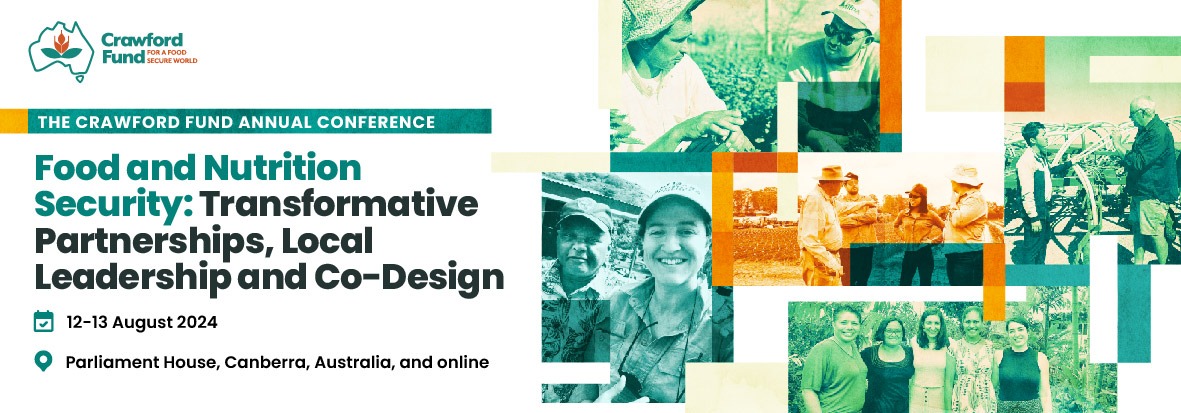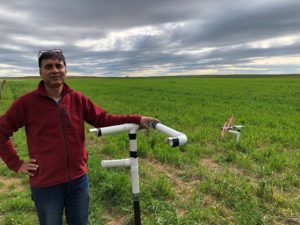


Dr Uday Bhaskar Nidumolu
 Research Team Leader, Resilience and Adaptation, Sustainability Programme, Agriculture & Food, CSIRO
Research Team Leader, Resilience and Adaptation, Sustainability Programme, Agriculture & Food, CSIRO
Uday Nidumolu is a Principal Research Scientist with CSIRO’s Agriculture and Food and is a research team leader for the Resilience and Adaptation area. He has over 25 years of professional experience and has strived to make a difference to the lives of farmers and smallholders. He has a strong interdisciplinary background and a systems approach to research for improved primary productivity and natural resource management outcomes. He has a Masters degree from Cambridge University, UK and PhD from Wageningen University, the Netherlands and has published over 100 publications. He has led large project teams in multi-cultural, multi-institutional, multi-country and multi-disciplinary projects both in Australia and overseas. The focus of his work has been on achieving Impact and scaling of research to maximise benefits to the key stakeholders. He has wide international work, educational, living and travel experience in India, UK, France, the Netherlands, Sri Lanka, Bangladesh and Australia.
ABSTRACT
Enhancing Impact through Partnerships, Communication, Co-design & Outscaling
Achieving widespread development benefits from science requires a deliberate focus on enhancing both the research and development aspects of R4D activities and ‘planning for scaling out’. To build good partnerships, we need to invest in good partnerships, not just good science. Authentic partnerships, common language, and innovative communication are critical to bringing science and community together, fostering co-ownership, and ensuring impactful outcomes.
In development science, particularly within climate adaptation projects, the synergy between partnerships, communication, co-design, and outscaling is paramount. Agriculture in rainfed systems is risky and climate-related challenges can be managed to some extent using science, technology, and data. However, addressing climate risk is inherently complex and dynamic, so not only does it require contextual knowledge and robust adaptation science, but authentic and complementary partnerships are critical. Farming communities managing climate risk in rainfed farming systems require access to reliable, locally contextualized information enabling them to act, learn, and generate new knowledge and skills. Research for development (R4D) in smallholder farming must integrate both scientific and community-driven approaches.
In a case study project in southern India, the convergence of science and community in the use of climate information has been facilitated by finding a common language and employing innovative communication methods. This approach has proven useful in bridging the gap between scientific research and community needs. In a case study in Bangladesh and West Bengal, the co-design, co-development, and co-ownership of crop choice models highlight the importance of investing in partnerships from the outset. A project for scaling water management research across three states in India has highlighted the importance of designing R4D activities that can be scaled. Improved understanding by researchers in about how to engage with large development project partners has led to enhanced uptake of R&D solutions.